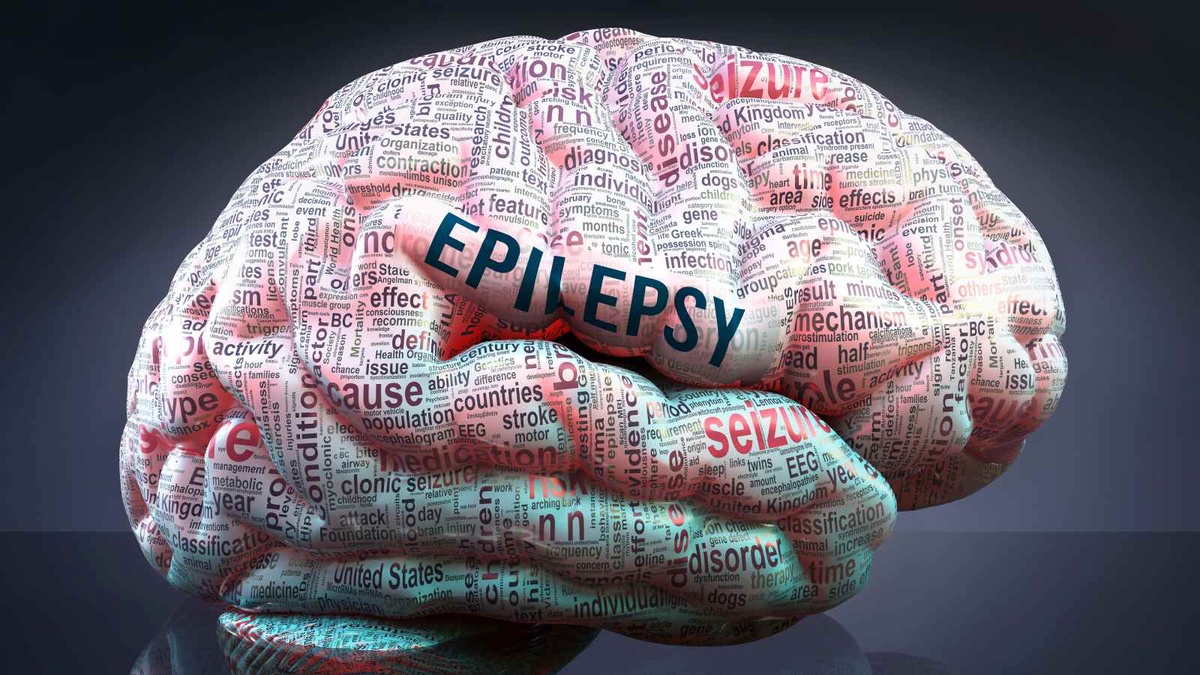Overview
Epilepsy is a neurological condition marked by recurring seizures that has a profound impact on a person's psychological well-being in addition to their physical health. The complex relationship between emotions and epilepsy frequently presents difficulties beyond the seizures themselves. In order to provide complete care and support to people with epilepsy, it is essential to comprehend the psychological effects of the condition. This essay explores the different ways that epilepsy can impact emotions, the psychological difficulties that patients encounter, and the approaches that can be used to effectively manage these problems.
The Epileptic's Emotional Rollercoaster
It's been said that having epilepsy is like going on an unpredictable emotional rollercoaster with unpredictable highs and lows. People who have epilepsy frequently suffer fear and anxiety because they are unsure of when they may have a seizure and what effects it might have. The fear of losing control in public or getting hurt during a seizure can cause avoidance behaviors and social disengagement, which can lower one's quality of life.
Furthermore, there is an additional emotional burden added by the stigma attached to epilepsy. Stereotypes and misconceptions about seizures can cause emotions of loneliness, embarrassment, and shame. Discrimination against people with epilepsy can occur in a variety of contexts, including in the workplace, the classroom, and interpersonal interactions, which exacerbates their emotional misery.
On the other side, those who have epilepsy frequently experience depressive spells. Desperation and pessimism might arise from the chronic nature of the ailment and the restrictions it places on day-to-day activities. Additionally, antiepileptic drug side effects like weariness and cognitive decline can aggravate depression symptoms, leading to a vicious cycle of emotional anguish.
Psychological Difficulties and Coping Strategies
The psychological effects of epilepsy are wide-ranging and complex, including mood disorders, cognitive impairments, and problems with self-esteem. People with epilepsy frequently experience cognitive impairments, such as memory issues and issues focusing and paying attention, which can negatively impact their performance in school and at work. These mental difficulties can worsen emotions of inadequacy and dissatisfaction, which further affects emotional health.
People with epilepsy frequently struggle with their self-esteem, especially when their seizures are uncontrollably violent or cause them to appear physically as convulsions. Low self-esteem and a negative self-image can be caused by internalized stigma and cultural views that lead to negative self-perceptions. As a result, people with epilepsy could have trouble accepting and believing in themselves, which makes it harder for them to deal with life's obstacles.
Even though epilepsy presents a wide range of psychological difficulties, many people learn adaptive coping strategies to get through difficult times. Social support, which offers a sense of acceptance and validation, is essential in mitigating the damaging effects of epilepsy on emotions. Strong support networks among friends, family, and medical experts can promote mental health and resilience.
Additionally, it has been demonstrated that cognitive-behavioural therapies and psychotherapy are useful in treating the psychosocial effects of epilepsy. Techniques from cognitive-behavioural therapy (CBT), such as cognitive restructuring and relaxation training, can help people better manage stress and anxiety, which lowers the frequency of seizures and enhances quality of life overall. Furthermore, there is hope that mindfulness-based therapy can improve emotional regulation and encourage acceptance of the illness.
In summary
Epilepsy has a significant impact on feelings and psychological health in addition to its electrical activity in the brain. Among the numerous psychological difficulties experienced by people with epilepsy are fear, worry, depression, cognitive deficits, and problems with self-esteem. In order to provide patients with complete care and support, it is imperative to comprehend the intricate relationship that exists between emotions and epilepsy.
Through individualised therapies and the creation of a supportive atmosphere, we can address the psychological components of epilepsy and enable those who suffer from it to better manage their challenges and lead satisfying lives. We can endeavour to create a society that celebrates variety and promotes inclusivity for people of all abilities, including those who live with epilepsy, through advocacy, education, and stigmatisation initiatives.


No comments yet